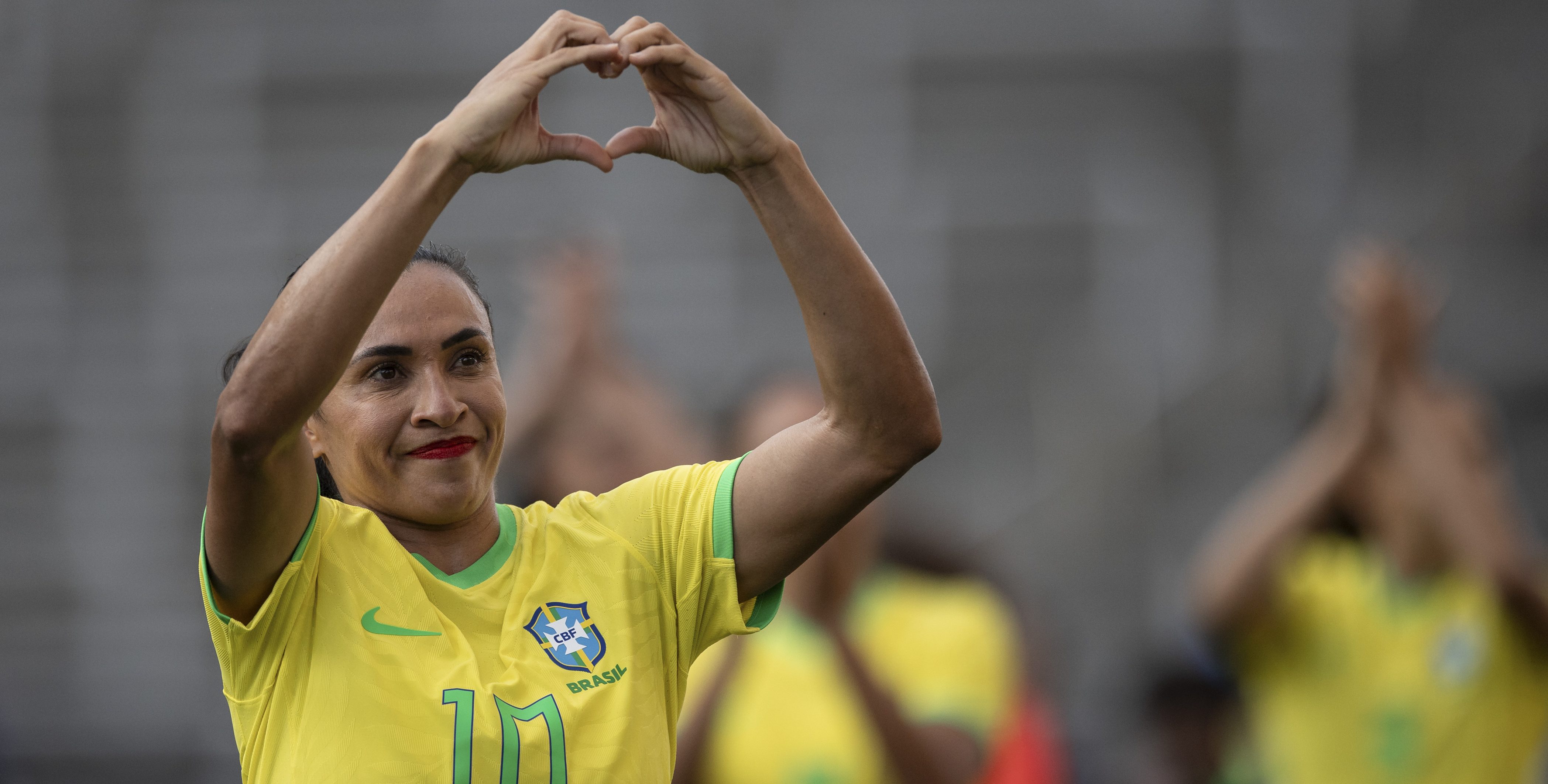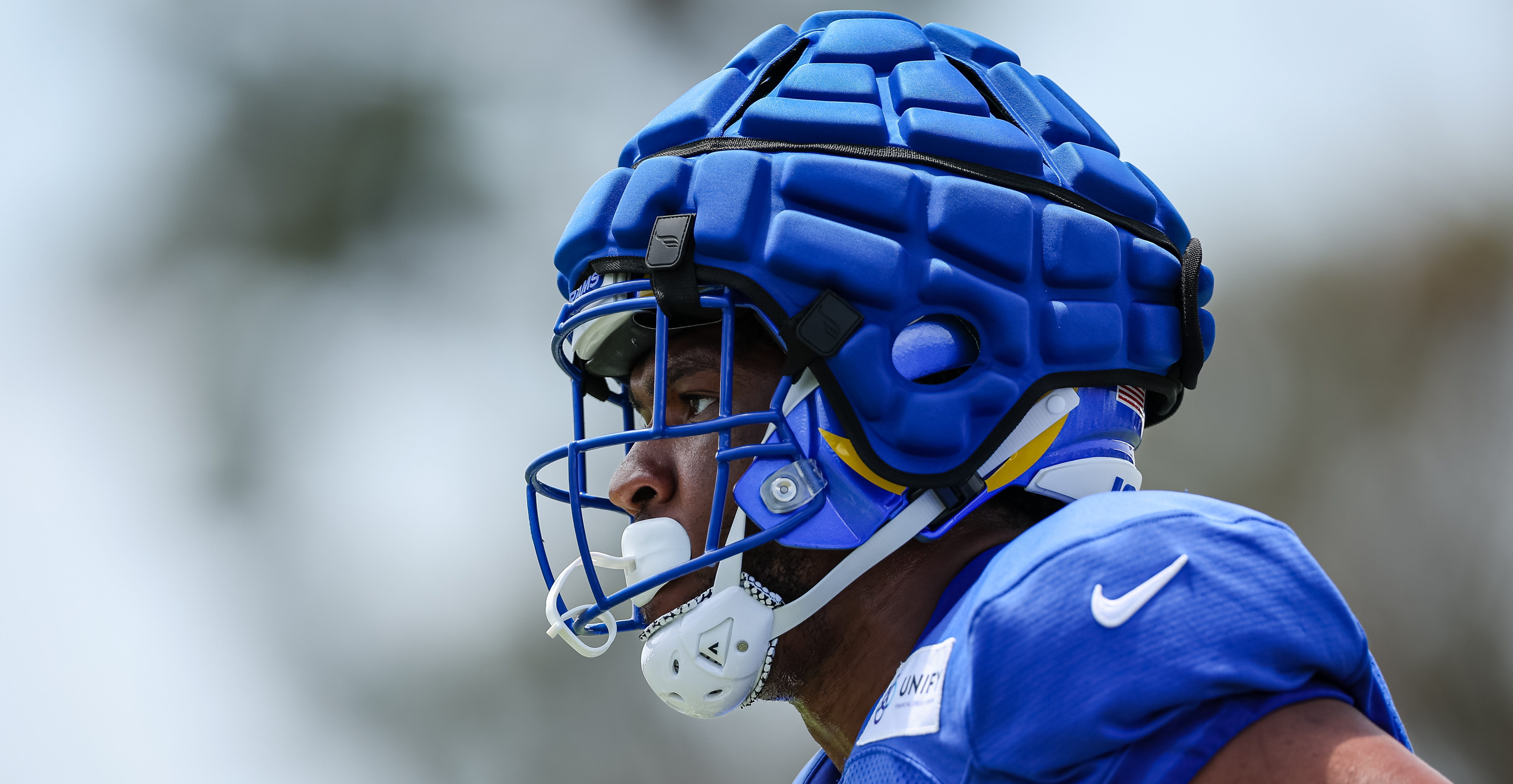
How bad are things for the Penguins? When Sidney Crosby's name is brought up in trade offers, there some extra eyes should be put on local bridges for jumpers.
That's got to be like an (e4) at least, right?
Having lost 13 of their last 18 games, it's apparent that the Pittsburgh Penguins could be succumbing to the Stanley Cup runners-up curse, which has seen only the 2001 Dallas Stars move past the first-round of the playoffs since 1997. Sitting 10th in the Eastern Conference behind the Florida Panthers and just in front of the Toronto Maple Leafs, the Penguins seem to be standing still after a year of much progress. Coach Michel Therrien's head is being called for after each loss and every jumbling of Pittsburgh's lines, all while showing no fear in losing his job.
The numerous roster changes from June to today have resulted in these five stats that can explain the poor results coming from Pittsburgh.
17.2 -- Power-play percentage
One of the biggest obstacles Pittsburgh has attempted to overcome this season has been the failure of the power-play unit. Even with Ryan Whitney's recent return, having Sidney Crosby and Evgeni Malkin on the ice with an extra man has not been enough to see success. Before Petr Sykora scored against Atlanta last Tuesday, Pittsburgh had been mired in an ugly 0-33 slump with the man advantage.
Sports Connection
Connecting you to your favorite North Texas sports teams as well as sports news around the globe.
It's obvious that injured power-play quarterback Sergei Gonchar is severely missed, but when you have two of the most dynamic scorers in the league on the same line, the Penguins' special teams players should be finishing like Peter North.
8 -- Shorthanded goals allowed
If playing with the extra man is a mess, you can be sure opponents will be able to capitalize on a mistake-ridden power-play unit. The eight shorties allowed are good for fourth most in the National Hockey League. Pittsburgh has been forced to use Evgeni Malkin on the point with injuries to Sergei Gonchar and Ryan Whitney, thus the higher percentage chance that opposing teams will capitalize on a defensive break. Malkin has had his share of turnovers turning into shorthanded goals, causing Penguin fans to wonder how long until Gonchar returns.
3.07 -- Goals-against per game average
After coming off a playoff campaign where many believe he blossomed, Marc-Andre Fleury has not played up to the standards he set for himself last spring. His backup, Dany Sabourin, has been quite unimpressive in spells, which makes the departure of Ty Conklin to Detroit all the more painful. Couple the goaltending issues with a defense that's a combined minus-6 and sixth worse in the league in goals-allowed, and you have a recipe for a team that wants to rely on winning 7-6 every night.

27.3 -- Shots per game average
Good for dead last in the League. Even the New York Islanders are averaging almost two more shots per game despite their lack of offensive firepower compared to the Penguins. If there's one thing plaguing the Pittsburgh, it's their unselfish nature when handling the puck. Crosby and Malkin are the biggest culprits as their over passing and desire to look for the pretty shot instead of throwing the puck on net has enabled opposing teams to almost predict Pittsburgh's offense at times.
Also predictable is any opposing goaltender need not worry about the Penguins causing havoc in front of the net. Ryan Malone was player who was valuable in that department; always good for setting screens, deflecting pucks, and putting home garbage goals in front. Makes you wonder how a team that is ninth in the League in goals scored per game is also dead last in total shots per game.
43 -- Third-period goals allowed
Finally, no lead is safe when playing Pittsburgh. There were the late collapses against the New Jersey Devils, Washington Capitals and New York Rangers in October, which began a trend of forgettable third periods. Michel Therrien's decision to play a dump-and-chase- style while holding a lead has backfired more often than not. The shutdown defensive mode that Pittsburgh "changes" into when holding a lead is one of the many reasons that the Penguins are dancing around a playoff spot halfway through the season.



